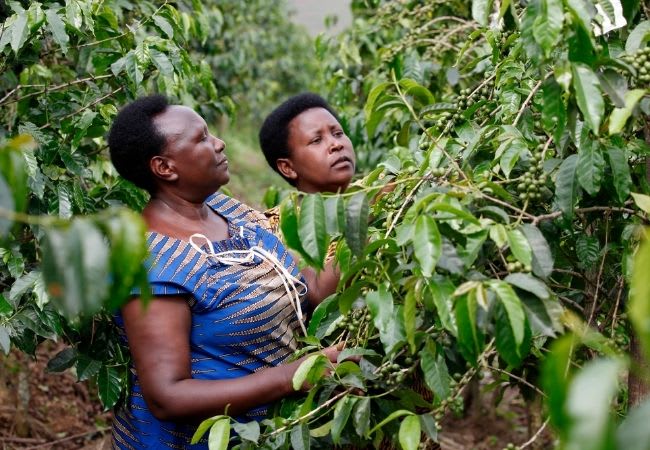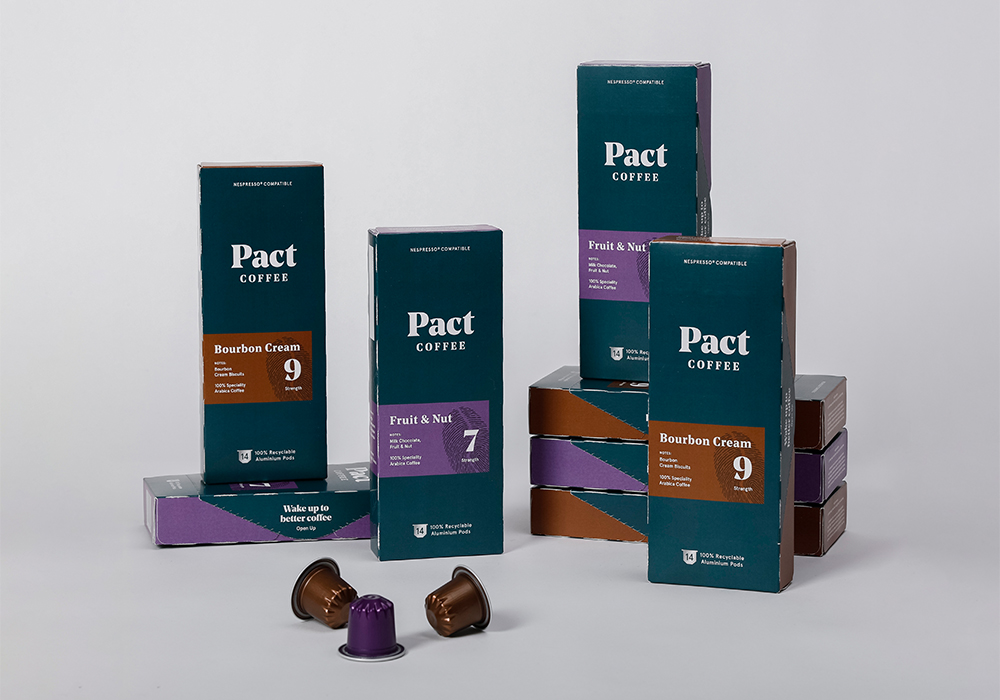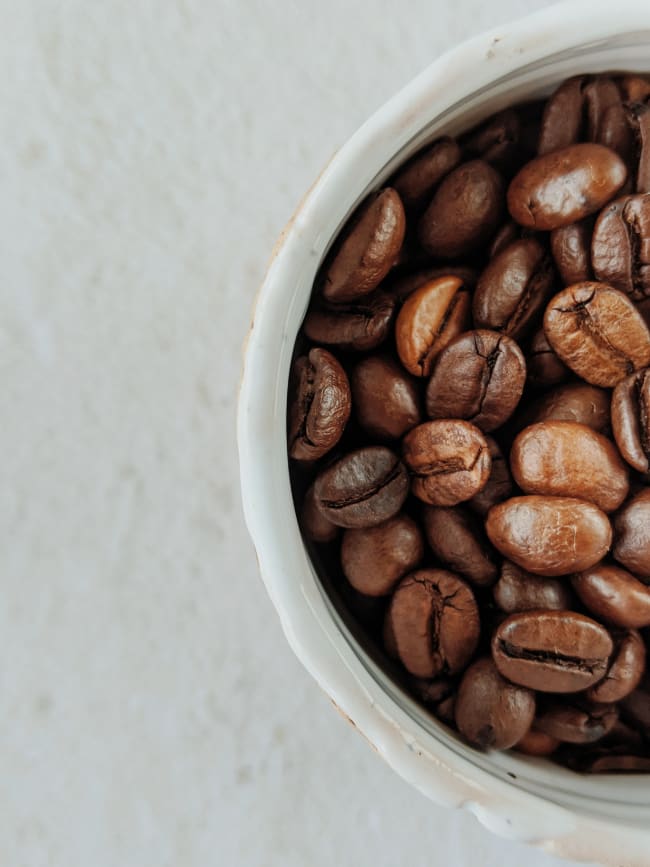Imagine this. Your job is to make brownies for a food market The ingredients one batch cost around £1.50 (you found a great deal on cocoa powder!) - that’s not factoring in the time and energy spent making them, either. When they’re fresh from the oven, oozing gooey chocolate, the people that run the food market take them away to be sold.
For a long time, business hasn’t been booming. Maybe everyone’s packing their own lunches, who knows. So they end up selling them for a measly quid. Bargain. But since your ‘friends’ at the food market are pocketing 50p of that for their time, you’re left having paid 50p to buy ingredients to bake brownies that someone else is eating…
Sounds like one of The Apprentice challenges gone horribly, horribly wrong - right? Well, what we’ve just described is the reality for farmers in the commodity coffee market.
The Commodity Market
The price of commodity coffee is at a terrible 13-year low - coming in at under $1 per pound as of the 20th August 2018. And like your brownies, our Head of Coffee estimates that the cost to grow coffee falls at around $1.50 (excluding Brazil - it’s an anomaly as their large farms means production is more efficient). What that means is, after the millers and exporters and everyone else has had their cut, coffee farmers are paying around 50 cents to sell their crops.
It doesn’t take a genius, or Alan Sugar, to work out that a situation like that is neither A) sustainable, or B) fair. “But that’s where the ‘fair’ in Fairtrade comes in, right?” you might be thinking. Well, it might surprise you to know that Fairtrade only pays the difference so farmers break even, but we want them to make a profit…
How being a customer of Pact helps
Pact Coffee makes a difference in two ways. The one you might know about is that we are 100% committed to Direct Trade, buying straight from the source so farmers don’t lose out to other people taking an unreasonable cut.
The other way is a little more complicated. The best way for farmers to escape the problems with the commodity market is to get out of it. Growing and selling speciality coffee is one way to do this, as they can get a much higher price for their beans. But while they are paid more per pound, it also costs more to produce. And that’s where we come in.
Pact Coffee’s Three Phase Programme is designed to bring struggling commodity farmers into the world of speciality coffee. Firstly, we identify those farmers that would have what it takes – given the chance. Secondly, we make small technical investments that allow them to grow one small crop of speciality coffee. And finally, we help them scale up by working with local experts to work out the best way for their farm to grow – and that means more speciality coffee for you to enjoy.
So next time you’re drinking a cup of our coffee (maybe along with one of those brownies!) you can confidently know that no farmers have lost money from growing these beans. Instead, you’ll know they’ve made a profit – one that’s more-often-than-not reinvested back into their farm. Now that’s sustainable.






